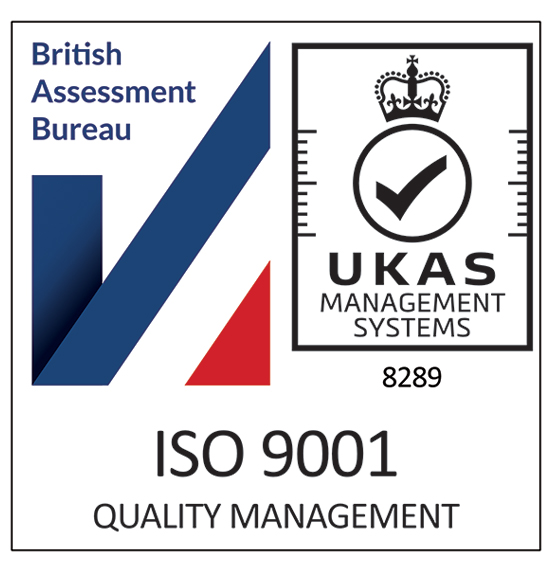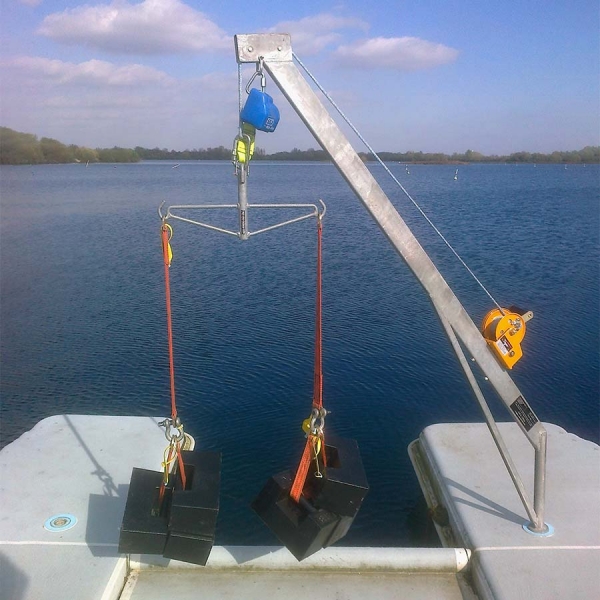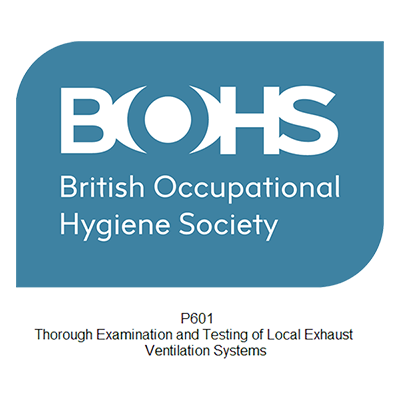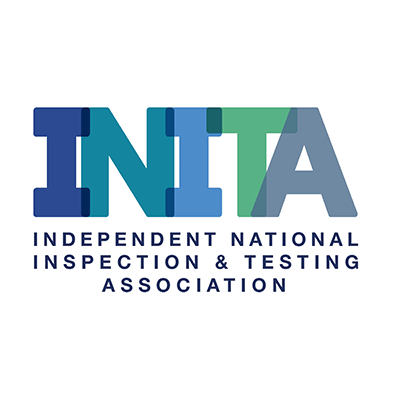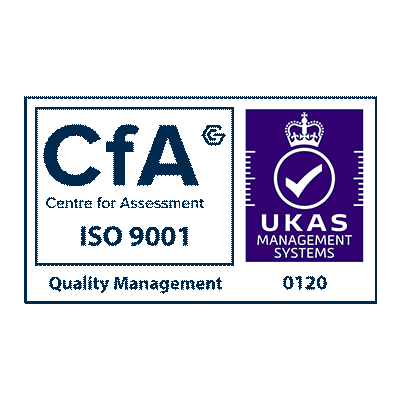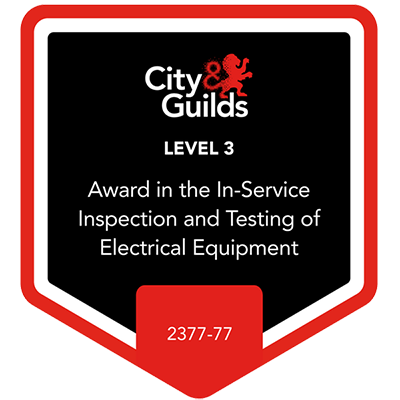A guide to proof load testing
Proof load testing is required to make sure that lifting equipment can perform safely and effectively within the context in which it has been installed.
It’s a full-strength check to ensure that the equipment is fit for the intended purpose and is often needed in addition to The Lifting Operations and Lifting Equipment Regulations 1998 (LOLER).
When is a proof load test required?
Is load testing a legal requirement? Yes.
As part of planning a job, architects, project managers, building managers and design engineers will make stress calculations based on the expected maximum load their site equipment will bear.
A third party, such as Hutcheon Examinations Services Limited (HESL), needs to verify these calculations with a proof load test on the installation of any lifting equipment:
- before the item is brought into service
- after an incident
- following repair or modification
Product development of equipment also often requires proof load testing, from the prototype stage up to the final design, as part of the certification for CE and/or UKCA marking.
What types of equipment need proof load testing?
There are many types of lifting equipment that will need load testing to prove they are safe and ready to be used for the intended purpose, such as:
- Overhead cranes
- Mobile cranes
- Jib cranes
- Runways
- Lifts for people, goods and vehicles
- Hoists
- Gantries
- Forklift trucks
- Mobile access platforms
- Chain Blocks
- Excavators
- Toe jacks and trolley jacks
- Telehandlers
- Lorry loaders
- Web slings
- Winches
- Lifting tackle
Lifting equipment testing ensures equipment can support maximum anticipated loads within the context required.
Why is proof load testing important?
Mechanical failure or collapse of lifting equipment, or its components, can result in damage to property, as well as the injury or even potential death of those operating it or working close by.
Such catastrophic legal, financial, practical, insurance and of course moral implications are not a burden anyone wants to carry, so testing load bearing equipment is integral to projects large and small.
By having a load bearing test carried out, project managers and others can move forward with their build or product development with peace of mind that lifting equipment will operate to the expected weight-bearing capacity.
How is lifting equipment tested?
This varies enormously based on type of equipment and the design specifications. Project parameters are rarely the same, so proof load tests generally need to be bespoke.
HESL collaborates closely with our clients to establish the scope of the proof load test, sharing drawings and plans to create a tailored proof load test. We have worked on a diverse array of projects across government, defence and commercial sectors.
Our extensive range of specialist proof load testing tools and equipment includes:
- 5 tonne gantry crane
- 20kg steel block weights
- Calibrated torque wrenche
- A range of tensile and compression calibrated digital load cells
- Assorted lifting tackle; slings, chains, chain blocks and hoists
- Hydra jaws hydraulic testers (with range of calibrated gauges)
- Hydraulic tensile testing rig to 12 tonnes
- Water bags for crane and beam proof load tests
- Workshop 16amp and 32amp three phase electrical supply
- Compressed air system for workshop settings
We can also design and fabricate jigs and frames to achieve the desired proof load.
Does lifting equipment have to be removed from site to be tested?
For your convenience and for practical purposes, our proof load testing experts will visit your site to conduct the required tests. Smaller pieces of lifting equipment or lifting accessories can be taken away and tested at the HESL workshop.
Who should conduct proof load testing?
Only a qualified third party should carry out proof load testing. All HESL’s Engineer Surveyors are DBS-checked and hold a recognised professional status (EngTech, IEng.) and HESl has over 30 years’ experience in pressure testing, lifting testing, systems testing and load testing.
HESL is an ISO9001 accredited mechanical equipment inspections company. We are independently audited for quality assurance, demonstrating that our services meet the highest standards and expectations, from pre-use checks through to reporting.
What certificates and documents will I get after the proof load test?
Following the test, HESL will provide you with the documentation and test certificates required for your Technical File, as well as to prove compliance with relevant British Standards.
Your expert partner in proof load testing
HESL offers proof load testing services across Hampshire, Berkshire, Buckinghamshire, Hertfordshire, Oxfordshire, Surrey, Gloucestershire, Wiltshire, North / South / West London and surrounding areas.
Our experience covers a wide variety of industry sectors including Automotive, Aerospace, Construction, Marine, Power/Energy, Nuclear, Oil & Gas, Manufacturing & Utilities, Arts & Entertainment, Education, and Care.
When you work with us, your business will benefit from the support and expertise of our highly experienced team at every stage of the process and access to all the specialist equipment you’ll need.
Visits will be arranged at times that minimise site/project disruption and you will receive regular communication from start to finish. From initial enquiry to final report, we pride ourselves on our rigorous, compliant, helpful and diligent service. Your project matters to us and quality always comes first.
Does your project involve tests for load bearing equipment? To talk to us about your proof load testing requirements or proof load testing equipment hire, call 0118 981 1773 or email
